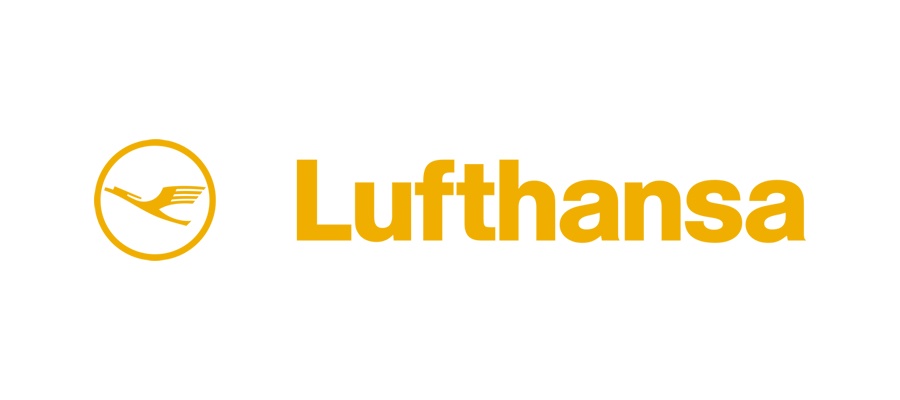The collapse in demand for air travel due to the pandemic has caused an 80% drop in revenue for the Lufthansa Group in the second quarter to €1.9bn – which was €9.6bn in 2019. Most of the revenue - €1.5bn was generated by Lufthansa Cargo and Lufthansa Technik.
The Lufthansa Group Adjusted EBIT for the quarter amounted to a loss of €1.7bn, compared to €754 million in 2019, which was despite extensive cost reductions. Operating expenses were reduced by 59%, primarily through the introduction of short-time working for large parts of the workforce and the cancellation of non-essential expenditures. However, these measures were only partially able to compensate for the decline in sales, the airline said. Lufthansa’s consolidated net loss was €1.5bn compared to net income of €226 million in the year-ago period.
Cargo demand was stable, and Lufthansa Cargo's Adjusted EBIT rose to €299 million from a €9 million loss in the previous year.
In the second quarter of 2020, the Lufthansa Group airlines carried 1.7 million passengers, 96% fewer than in the previous year. Capacity fell by 95%, with the seat load factor at 56%, 27 percentage points below the previous year's figure. Freight capacity offered fell by 54% due to a lack of capacity on passenger aircraft and the decline in freight kilometres sold was 47%, which reflects an increase in cargo load factor by 10 percentage points, to 71%.
Lufthansa Group capital expenditure fell to €897 million in the first half of the year, mainly due to postponing planned aircraft deliveries, with only €127 million of capital expenditure in the second quarter. Net debt increased by 10% compared with the end of 2019, to €7.3bn.
The Group’s available liquidity amounted to €2.8 billion on June 30, a decrease of €1.4 billion euros compared with the end of the first quarter. These figures do not yet include the €9bn funds from the Economic Stabilization Fund of the Federal Republic of Germany.
Since the beginning of July, the Group has received €2.3 billion from the stabilization package. As a result of the capital increase, with which the WSF has acquired a 20% stake in the company's share capital, the Lufthansa Group received cash of around €300 million. The release of the first instalment of the KfW (Kreditanstalt für Wiederaufbau) loan contributed €1bn, and the establishment of the WSF's Silent Participation II provided a further €1bn.
Lufthansa confirmed that it has so far reimbursed around €2bn to customers in refunds for cancelled flights.
Carsten Spohr, Chairman of the Executive Board and CEO of Deutsche Lufthansa, said that he does not expect air travel demand to return to pre-crisis levels before 2024. “Especially for long-haul routes there will be no quick recovery,” he said. Although he added that the group is seeing some of the first signs of recovery on tourist routes, “especially with our leisure travel offers of the Eurowings and Edelweiss brands”.
Spohr adds that the entire aviation industry must adapt to a new normal. “The pandemic offers our industry a unique opportunity to recalibrate: to question the status quo and, instead of striving for "growth at any price", to create value in a sustainable and responsible way.”
In July, the Group gradually increased its offering to around 20% of the previous year's level, with load factors of over 70% in European short-haul traffic. In the third quarter, capacity offered is planned to increase to an average of around 40% of the prior year capacity on short- and medium-haul routes and to around 20% on long-haul routes. In the fourth quarter, capacity is planned to further increase to an average of around 55% for short and medium haul and 50% for long-haul.

